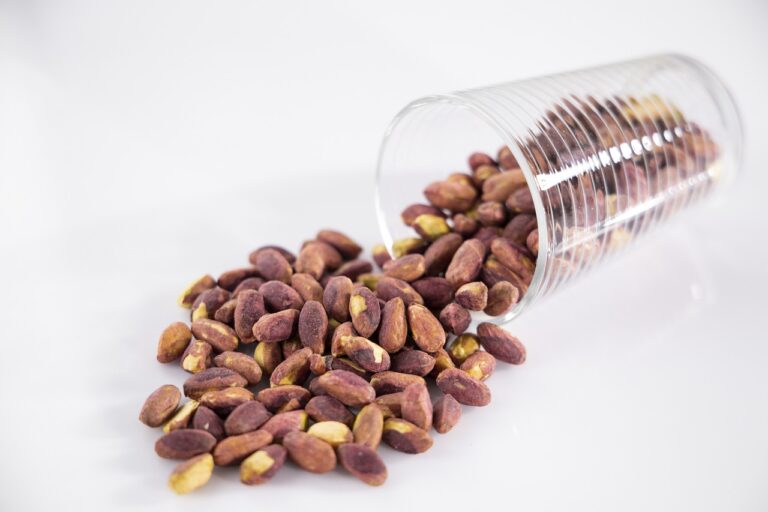Addressing concerns about genetically modified fruit varieties in pulp and puree products: Cricketbet999, 11xplay online id, Betbhai9
cricketbet999, 11xplay online id, betbhai9: Genetically modified fruit varieties have become a hot topic in the food industry in recent years. Many consumers are concerned about the safety and potential health risks associated with consuming these products, particularly when they are used in pulp and puree products. In this article, we will address some of these concerns and provide information to help you make informed decisions about the products you choose to buy.
What are genetically modified fruit varieties?
Genetically modified fruit varieties are fruits that have been altered using biotechnology to introduce new traits or characteristics. This can include traits such as increased resistance to pests or disease, improved shelf life, or enhanced nutritional content. Some common examples of genetically modified fruit varieties include papayas, apples, and bananas.
Are genetically modified fruits safe to eat?
The safety of genetically modified fruits is a topic of debate among scientists and consumers alike. While regulatory agencies such as the FDA and USDA have approved many genetically modified fruit varieties for consumption, some studies have raised concerns about the potential long-term health effects of consuming these products. It is important to do your own research and make an informed decision based on your own beliefs and values.
How are genetically modified fruits used in pulp and puree products?
Genetically modified fruit varieties are often used in the production of pulp and puree products due to their desirable traits, such as improved flavor, texture, and shelf life. These products can be found in a variety of foods, including fruit juices, smoothies, sauces, and baked goods.
What are the potential risks of consuming genetically modified fruit varieties in pulp and puree products?
Some consumers are concerned that consuming genetically modified fruit varieties in pulp and puree products could have negative health effects, such as allergic reactions or digestive issues. Additionally, there are concerns about the environmental impact of genetically modified crops, including the potential for increased pesticide use and the development of pesticide-resistant insects.
How can consumers make informed choices about genetically modified fruit varieties?
If you are concerned about consuming genetically modified fruit varieties in pulp and puree products, there are a few steps you can take to make informed choices. First, read product labels carefully to see if the product contains genetically modified ingredients. Look for products that are certified organic or Non-GMO Project verified, as these products are made without genetically modified ingredients.
Additionally, do your own research and stay informed about the latest developments in the food industry. Be sure to consider both sides of the debate and make decisions based on reliable sources of information.
In conclusion, genetically modified fruit varieties in pulp and puree products are a topic of ongoing debate in the food industry. While some consumers have concerns about the safety and potential health risks associated with these products, others believe that they offer benefits such as improved flavor and shelf life. Ultimately, it is up to each individual to make informed choices about the products they choose to consume. By staying informed and reading product labels carefully, you can make decisions that align with your own beliefs and values.
FAQs
1. Are genetically modified fruits harmful to consume?
While regulatory agencies have approved many genetically modified fruit varieties for consumption, some studies have raised concerns about the potential long-term health effects of consuming these products. It is important to do your own research and make an informed decision based on your own beliefs and values.
2. How can I avoid consuming genetically modified fruit varieties?
To avoid consuming genetically modified fruit varieties, look for products that are certified organic or Non-GMO Project verified. These products are made without genetically modified ingredients.
3. What are the benefits of genetically modified fruit varieties?
Genetically modified fruit varieties can offer benefits such as improved flavor, texture, and shelf life. These traits can make products more appealing to consumers and help reduce food waste.
4. Are genetically modified fruit varieties bad for the environment?
There are concerns about the environmental impact of genetically modified crops, including the potential for increased pesticide use and the development of pesticide-resistant insects. It is important to consider the potential environmental implications of consuming genetically modified products.







